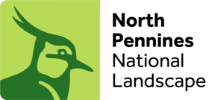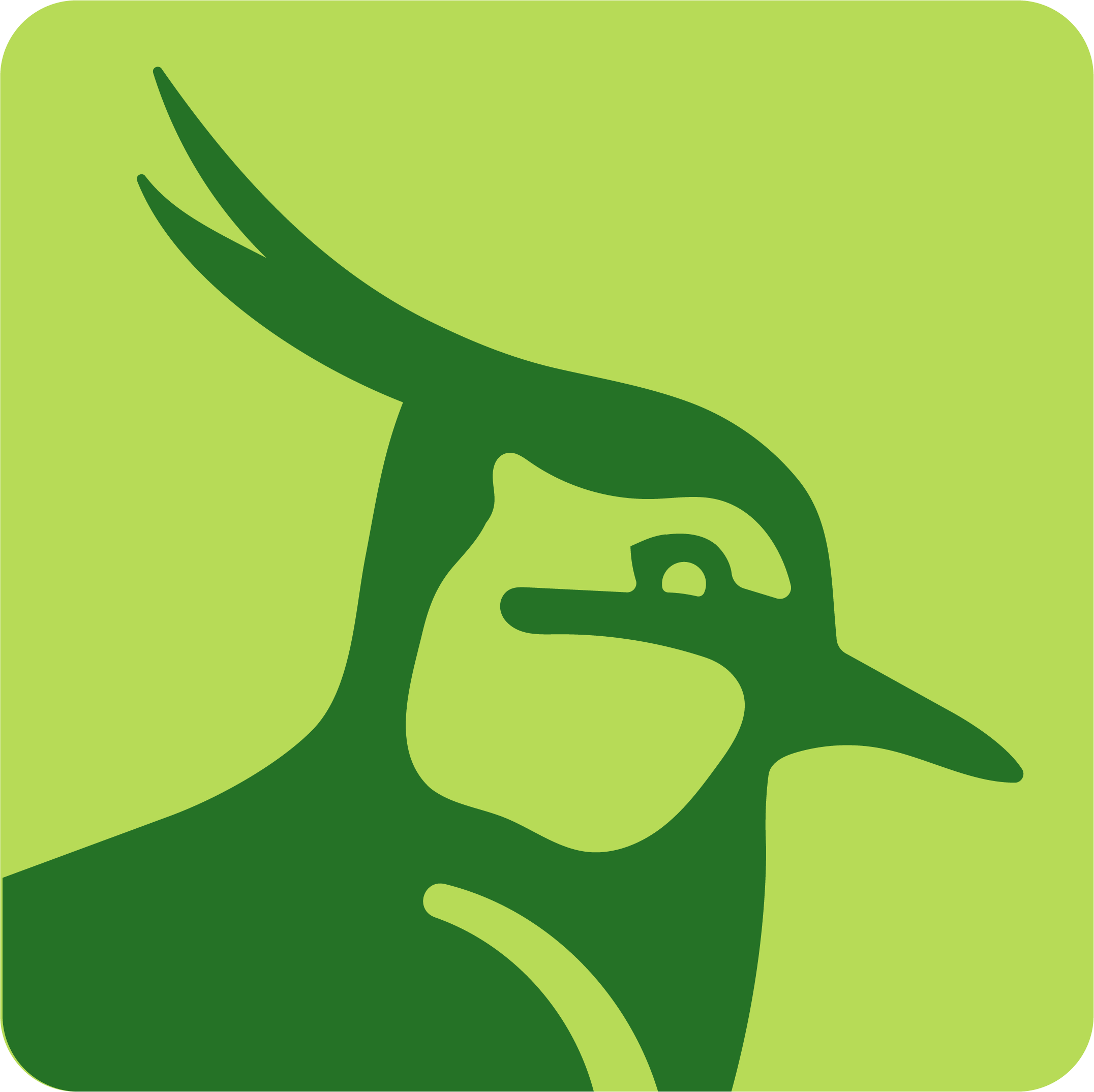News
Eid al-Adha: Drawing closer
Eid al-Adha: Drawing closer
2 July 2023
Over the last two years, communities from the North Pennines and Tyneside have been getting together, sharing experiences, and finding commonalities, as part of our work towards the North Pennines as a landscape for everyone. Farmers from Sinderhope hosted a visit on their farms by members of Gateshead’s Turkish community and Frosterley Women’s Institute have been sharing hospitality with the Suffrage Sisters, a women’s support group in Newcastle.
As we share and learn about each other’s lives, we have noticed, including in ourselves, a wish to learn more about Islam and Muslim people’s lives. From 28 June to 2 July Muslim people around the world are celebrating Eid al-Adha, marking the culmination of the annual pilgrimage to Mecca and honouring the sacrifice of Ibrahim. We asked our Tyneside friends Hakan Akarli and Taj Khan to chat with Scarlet, one of our community engagement team, about Eid al-Adha, nature connection and Islam, and our North Pennines friends Linda Brewin and Shane Harris to respond. In the first part of the conversation Taj and Hakan tell us about the significance of nature in their own life and in Islam. In this second part they share with us their experiences of celebrating Eid al-Adha and what sacrifice means in their lives.
Scarlet: Hakan, you and your family have been living in Gateshead for five years now. What do you appreciate most about this festival, Eid al-Adha?
Hakan: Eid al-Adha, also known as the Feast of Sacrifice, is a big event. The gentle, forgiving mood of the holiday can be used to settle disagreements, build relationships, show respect for older people through visits, and make children happy with kind words and gifts.
As volunteers of NEDES (North East Diversity, Education and Solidarity), we try to recognize and celebrate important days from different cultures. For example, during Christmas and Eid al-Fitr [at the end of Ramadan], we brought people of different religions and cultures together. We do the same at Eid al-Adha, sharing the joy of Eid.

Scarlet: Taj, how does your community in the West End of Newcastle prepare for Eid al-Adha this year?
Taj: Lot of Muslim families prepare to say goodbye to family members who will be doing Hajj pilgrimage in Mecca. Eid al-Adha will be the day that they’ve completed their pilgrimage. We’ll be excited for our family who have completed it because it’s not an easy task – they’re in Saudi Arabia, away from home. They have to fulfil criteria to complete their Hajj. We will celebrate with a feast, spend time with friends and families and distribute food to all our neighbours.
Eid al-Adha is often translated as the “Festival of Sacrifice”. Hakan, what does sacrifice mean from an Islamic perspective?
Hakan: This translation of Eid- al-Adha shows the importance of the act of sacrifice that is at the heart of the festival. The act of sacrifice is a form of worship that has been seen in all religions since the time of Prophet Abraham and the word “sacrifice” means much more than just the act of killing an animal – the word “sacrifice” actually means “to draw closer”. This means drawing closer to other humans, to our values, and in the end, to God.
What matters is the feeling of sacrifice that is created in the heart of the person making the sacrifice, that is, their intention. This feeling and intention causes a change within the person.
Scarlet: Sacrifice isn’t a word I use or hear very often – only at Easter when we tell the story of Jesus sacrificing himself to remove the sins of humans. Taj, as a 99% vegetarian, how do you take part in this festival?
Taj: It’s part of our tradition. It’s been part of Judaism and it’s part of Christianity, and it’s become part of Islam and so I do it. I contribute a share, but I won’t go and collect the meat. I will say to the butchers ‘will you distribute it to the people who need it on my behalf’. They know who needs it and where to send it to.
There’s been a sentiment in the UK over many years that there’s nobody poor enough who couldn’t afford meat. We sent money to third World countries so they can distribute the meat to the less fortunate people. But now more people do it here because they know of people who can’t afford food.

Scarlet: Hakan, you grew up in a village in Turkey. Would you like to share some memories of celebrating Eid al-Adha in your village?
Hakan: Like all kids, holidays were special times for me. New clothes, holiday money, visits to family, tasty meals, and desserts. During Eid al-Adha, we split the meat of the sacrifice into three equal parts. One part stayed with us, another part was shared with friends, and the last part was given to neighbours who didn’t have the money to do the sacrificial ritual themselves.
Muslims show a lot of kindness to their sacrifices. I remember sacrificing my own animal with tears while living in Azerbaijan. We would talk to the animal, stroke its fur, cover its eyes, give it one last drink of water, and then perform the sacrifice while praying.
I also remember collecting the skins of the sacrificial animals. National charities would take these skins as donations. I was volunteering with these organizations; in fact, this might have been the first volunteer work I ever did.
My grandmother would always say that the skin of the sacrifice was very holy. She would make prayer mats from it and do her prayers on them. This special prayer mat, made from the sacrificial skin, added more meaning to her worship. It served as a strong reminder of both the spiritual importance of the holiday and the sacrifice.
I’ve been volunteering for Eid al-Adha since I was a child, and I continue to do so. As a community, we donate our sacrifices to the charity https://timetohelp.org.uk/qurban/. If I had the opportunity, I would go to these countries to deliver the aid myself, as there is a great need
Scarlet: Taj, you grew up in the UK and have a very different experience of witnessing a sacrifice. Would you share?
Taj: I can add my personal experience of actually witnessing a slaughter. I was visiting Pakistan with my dad when I was 16. I witnessed them slaughter an animal and that traumatised me and I didn’t touch meat till I was 26. And I’m 55 now, and even now I only eat one form of meat and I eat it very rarely, three or four times a year. But I come from a community where meat is very important. My daughters will say that what I cook is a poor man’s meal. People think I can’t afford it. It’s not the case. It’s a choice. I understand from the religious point of view and I understanding how important meat is to diet but me personally, I couldn’t kill or sacrifice an animal and sit and eat it, knowing what it looked like and now it’s on my plate.
But when I donate, it is making a difference to people. It’s a rich meal for them, full of protein and nourishment. It gives me joy that somebody is able to enjoy something that I was able to provide.
Scarlet: Shane, you grew up in rural Cambridgeshire and now work in nature conservation. What comes up for you hearing Taj and Hakan talk about Eid and sacrifice?
Shane: I was drawn to Hakan’s reflections on the ‘closeness’ and ‘kindness’ shown to the animals before sacrifice. In modern western life we are often so very separate from the realities of where our meat comes from. Our predominantly urban population shops in supermarkets and picks up vacuum-packed meat – with little, or no, connection to the origin and life of the animal which has provided that ‘gift’. It’s interesting, I grew up on a smallholding and my dad tended our livestock and then butchered them in our garage. Not a common upbringing in Cambridgeshire. But at least I knew the type of life the animals had had (a good one) and where my food had come from (just across the way). We forget this vital connection at our peril.
This is the second of a two-part blog. In ‘Caretakers of the Earth‘ Hakan and Taj talk about the significance of nature in their own life and in Islam.
Hakan Akarli is an active part of the community in Gateshead. He works at the Comfrey Project, a growing project for people in the asylum system, and is part of a team of Community Bridge Builders. Taj Khan is a founder of the Suffrage Sisters, a diverse and predominantly Muslim women’s support group, and an active member of Newcastle Central Mosque. Linda Brewin is a member of Frosterley Women’s Institute and part of the Frosterley Village Hall Committee. Shane Harris is a Weardale resident and the Responsible Tourism Lead for the North Pennines AONB Partnership.

Read part one
Taj Khan and Hakan Akarli talk about Eid and nature connection in part one of our blog.







